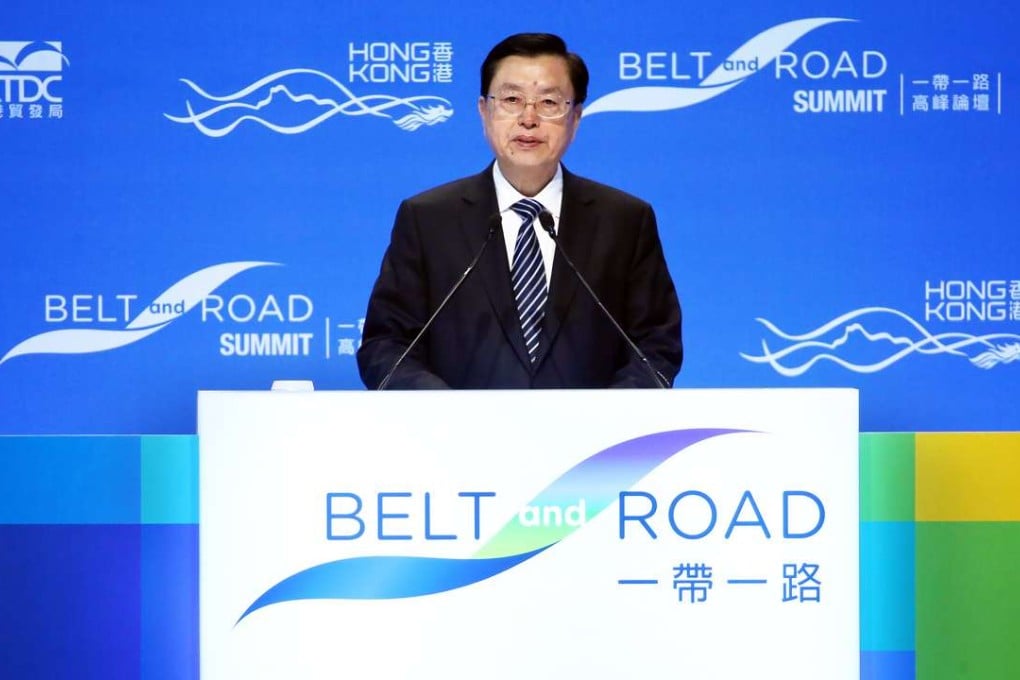Mind the Gap | Why people in Hong Kong scoff at China’s grandiose Belt and Road plans

City traffic returns to normal. But we are still trying to decipher what Beijing really means when they want Hong Kong to cooperate with them on the Belt and Road strategy.
As a former officer in the World Bank Group, I have worked in and visited all of the Belt and Road countries financing public infrastructure and poverty alleviation projects. No Hong Kong company has the necessary skill set to meaningfully sustain an operation in those countries.
Hong Kong’s property developers will find that building flats and jacking up floors on a site in New Territories is a lot easier than in Kazakhstan. Even our local global infrastructure firms like Cheung Kong Infrastructure are focussed on investment rather than construction. They prefer working in safe, overseas legal environments.
One Belt and Road offers real, national security benefits for China. But, that region is so alien to Hong Kong businesspeople. Given the region’s history, mainland Chinese and Russians (who are already there because of a vested interest in oil pipelines) are more compatible.
Today’s harsh banking regulations make the Belt and Road countries virtually unbankable due to the
Know Your Customer (KYC) and anti-money laundering (AML) standards. Sanctions that even the Hong Kong Monetary Authority (HKMA) are trying to enforce over countries like Iran, Syria make it impossible for Hong Kong companies to do business. Money transfers are difficult to make from most of the Belt and Road-based banks. Loans will require multilateral guarantees by the likes of the World Bank or the Asian Infrastructure Investment Bank.
